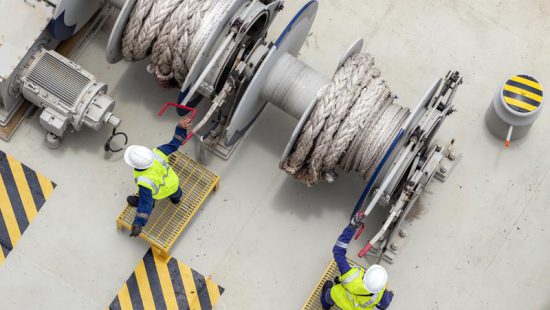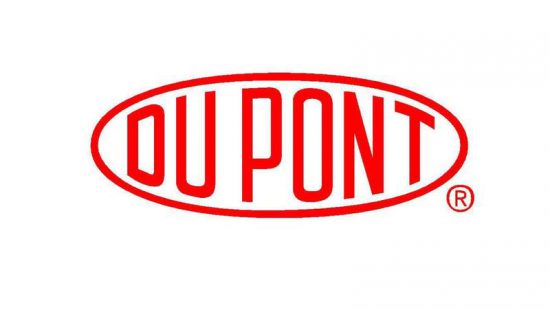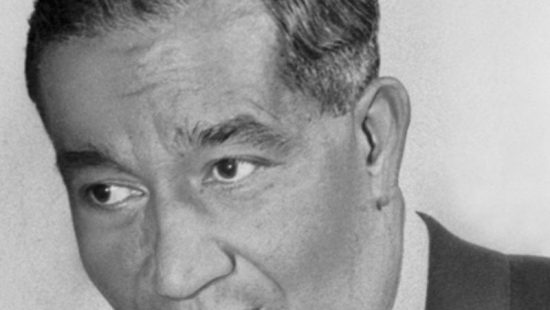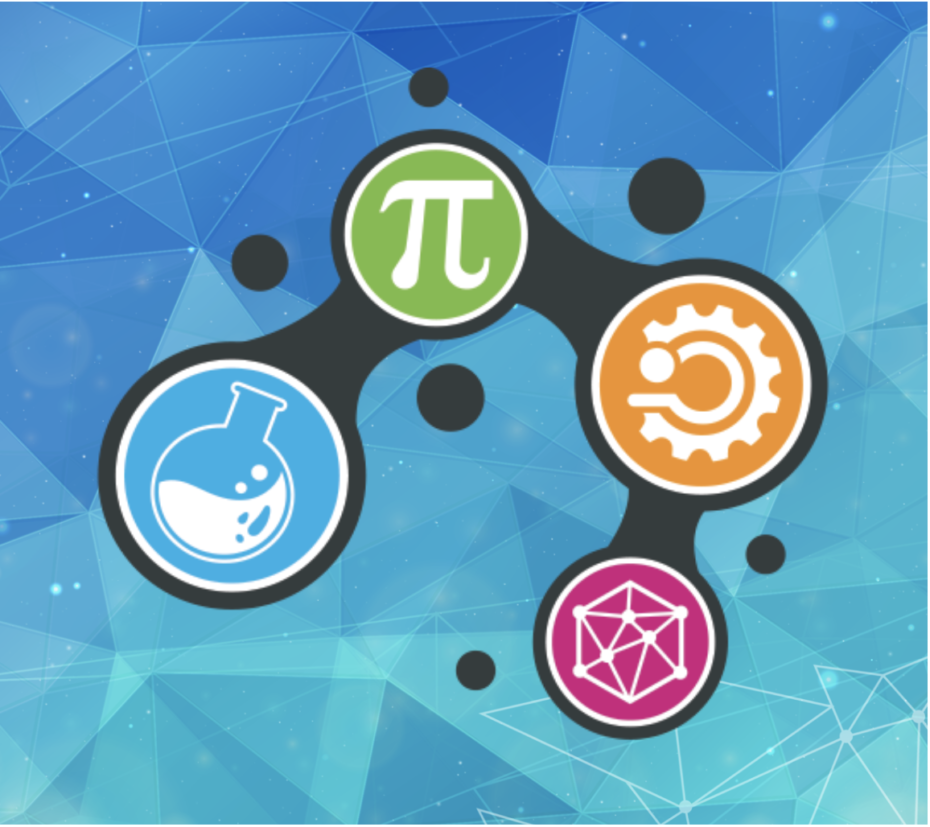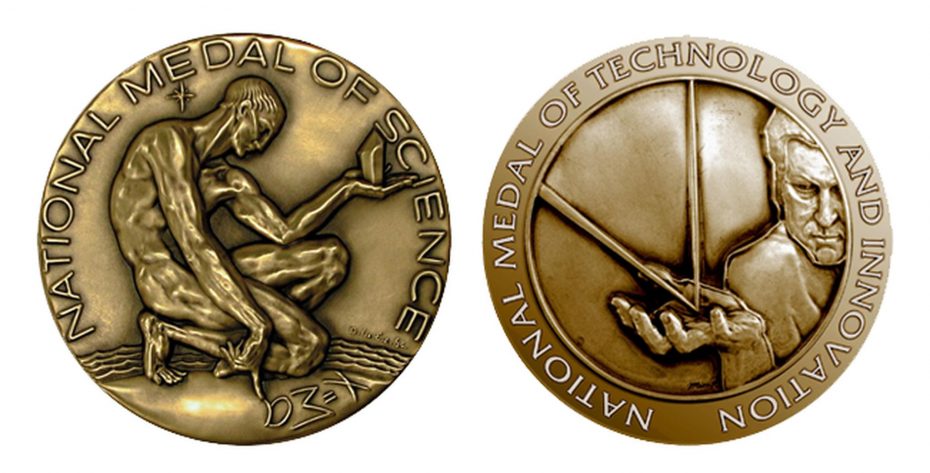Ask most Americans who Pete Rose is and they’ll probably tell you he played professional baseball. Few would answer that Peter H. Rose is the physicist known to many as the “father’’ of the ion implantation business.
But few would be able to argue that Peter H. Rose’s contributions to the world are not more important than the athletic exploits of his more famous namesake.
Rose, who holds a doctorate in physics from London University, founded Extrion Corp. in 1971, which became the first commercially-successful ion implanter for semiconductor manufacturing. Ion implantation injects chemicals into the wafers that alter the properties of semiconductor materials.
Extrion’s founding was the result of the frustration Rose experienced with the speed with which High Voltage Engineering, the company he had gone to work for in 1956, was moving to satisfy industry interest in implanting machines. Companies had requested that High Voltage build implanters and Rose, who headed up a High Voltage subsidiary at the time, told a Chemical Heritage Foundation panel in 2008 that his lab designed and built the first one in around six weeks.
But High Voltage did little with it, so he started a new company. Rose said the timing was fortuitous: The government had shut down much of its funding in nuclear physics, which meant many physicists such as himself would soon be out of jobs.
“So it’s very lucky the semiconductor came along to absorb them – and I was one of them,’’ he said.
Rose would go on to lead or found other companies that further pushed ion implantation research and development. His pioneering work in the semiconductor manufacturing industry has been recognized by numerous organization and in 1996 Rose received the National Medal of Technology.
By Robert Warren


